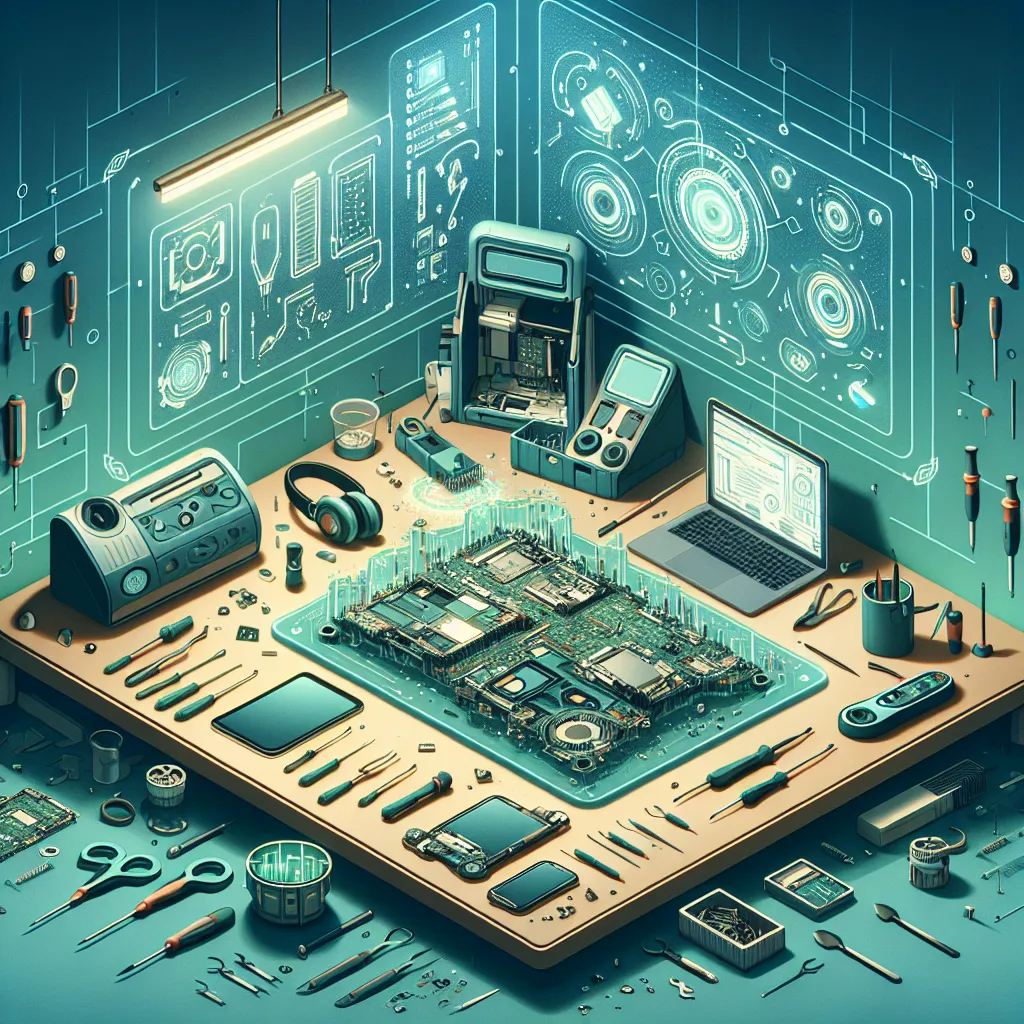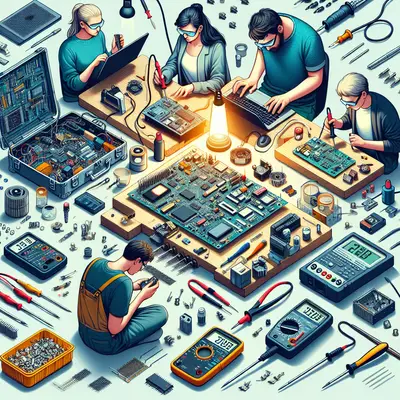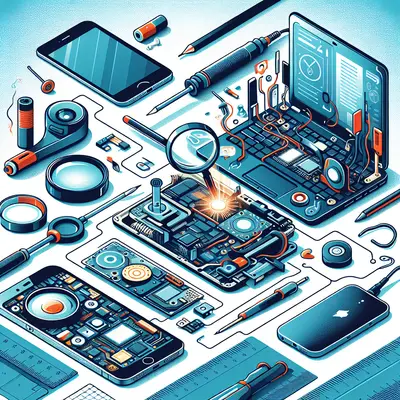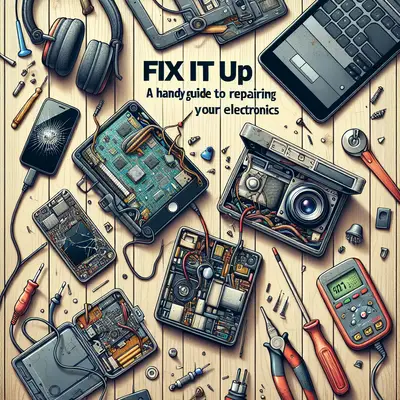Are you tired of replacing your gadgets every time there's a minor issue? With technology evolving rapidly, it's essential to learn some basic repair skills to extend the lifespan of your electronics. Here we bring you a fresh take on DIY repair strategies for 2025, offering practical advice that will make you the go-to tech whiz in your house.
1. Knowing the Basics of Soldering
If you're keen on DIY repair, soldering is a vital skill. It's used to reattach broken parts or to replace old components. Start with a basic soldering iron and some solder wire. Remember, practice makes perfect. Begin with old circuit boards and move onto your devices once you're confident enough.
2. Understanding the Art of Desoldering
Just as important as soldering, desoldering is the process of removing solder, and with it, components from a circuit board. Essential for replacing faulty parts, desoldering requires a desoldering pump and a bit of precision. Remember, patience is key; rushing can cause damage to the board.
3. Mastering the Use of Multimeters
A multimeter is a handy device that can measure voltage, current, and resistance. It's your go-to tool for troubleshooting. Learn to use a multimeter to identify the issue with your electronic device. With a bit of knowledge about circuitry and the use of a multimeter, you can diagnose most common problems.
4. Replacing Battery Packs
One of the most common issues with electronics is battery failure. Learning how to replace battery packs can save you a lot of money in the long run. Most battery packs can be replaced with a bit of disassembly. Always remember to recycle old batteries responsibly.
5. Cleaning Electronics Safely
Dust and grime can cause significant damage to electronics over time. Regular cleaning can prevent this. Learn how to safely clean your devices without causing damage. Use a can of compressed air for dust, and isopropyl alcohol for grime. Always ensure your device is powered off and disconnected from power before cleaning.
Conclusion
Mastering these five DIY repair strategies not only helps you save money but also reduces electronic waste. Remember, always start with smaller, less valuable devices before moving onto more expensive ones. With practice, you'll be able to tackle most common electronics issues and extend the lifespan of your devices. Happy repairing!



